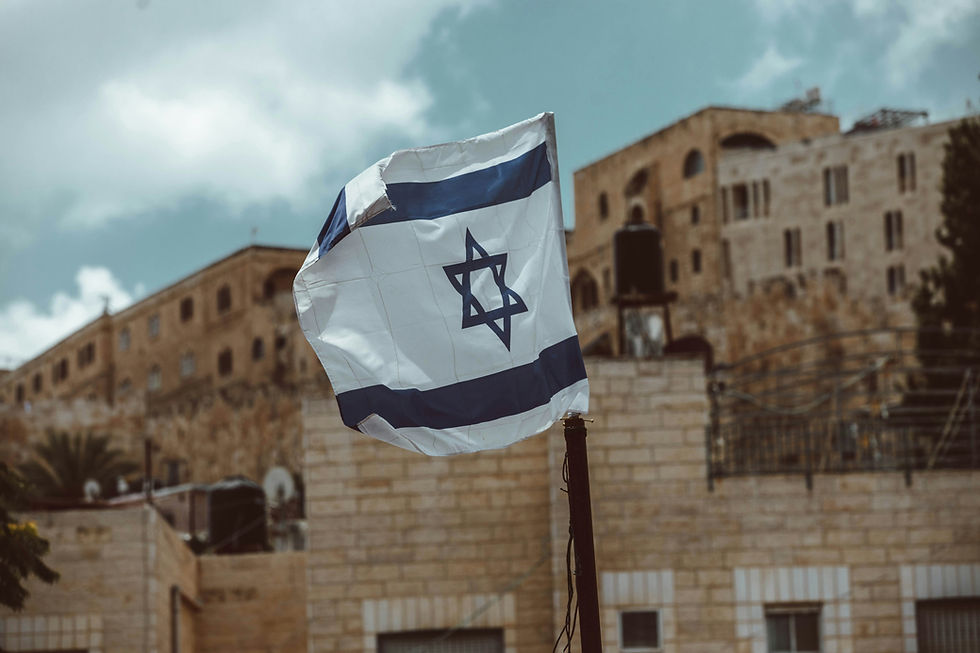700K+ women lack pads, toilets, privacy; risk infections.
- the Observatory for Human Rights
- Nov 5, 2025
- 2 min read

In the past two years, due to the attacks perpetrated by the Israeli forces, the situation in Gaza has been exacerbating: people without shelters and forcibly displaced, with no access to basic needs and medication, resulting in barriers to accessing care. Within this scenario, women and girls are facing a living ordeal which undermines their health and could lead to gynecological hurdles, not to forget the psychological implications related.
As a matter of fact, in addition to the already hard conditions they are forced to endure, women and girls in Gaza, are experiencing major struggles related to menstruation due to the lack of hygienic supplies. The situation women and girls are facing is referred to as “period poverty” which implies the impossibility of having the rightful access to menstrual products, health supplies and clean water leading to chronic consequences. Period poverty also derives from the high costs of pads and menstruation products and it is correlated to lack of education about this matter.
According to UNFPA data, around 700,000 women are struggling or are incapable of taking care of their health and well-being especially during menstruation as they are neglected access to pads and even safe water and soap, essential to avoid infections. This crucial challenge is also undergone by girls including those of them who have their periods for the first time, making the experience extremely shameful and risky for their health.
Women and girls' health is directly affected by the conflict, not only do they result in using perilous objects as menstruation pads but they often take periods delaying pills as well. Women and girls are forced to find menacing solutions to avoid using unsafe toilets which include fasting or drinking as little as possible. This leads women to use unsafe materials such as shirts or rags in place of pads, besides, the treatment of the correlated ailments has become more and more difficult, sometimes impossible to dispense.
Furthermore, even more during menstruation, women risk serious infections and diseases as 90% of the water infrastructures cannot provide clean water or even furnishing at all as they have been destroyed. The blockage of aid during the last months has worsened the already precarious situation and, just recently, UN agencies have been able to provide some basic necessities like medicine and flour.
Within this scenario, UNFPA, has been able to furnish two months of menstrual pads to thousands of women. Despite this, the crisis has been intensifying and an increasing number of women and girls need urgent aid and support.
Around 6,200 adolescence kits have been distributed to provide aid to girls in Gaza, as well as psychological support and tools to support health facilities in order to mitigate the related risks as much as is feasible. This includes protection from gender-based violence, stigma and discrimination. UNFPA aid, including economic assistance and maternity kits, has reached 150,000 women, nevertheless, the re-establishment of humanitarian aid access is urgently needed.
written by Serena Colantoni





Comments